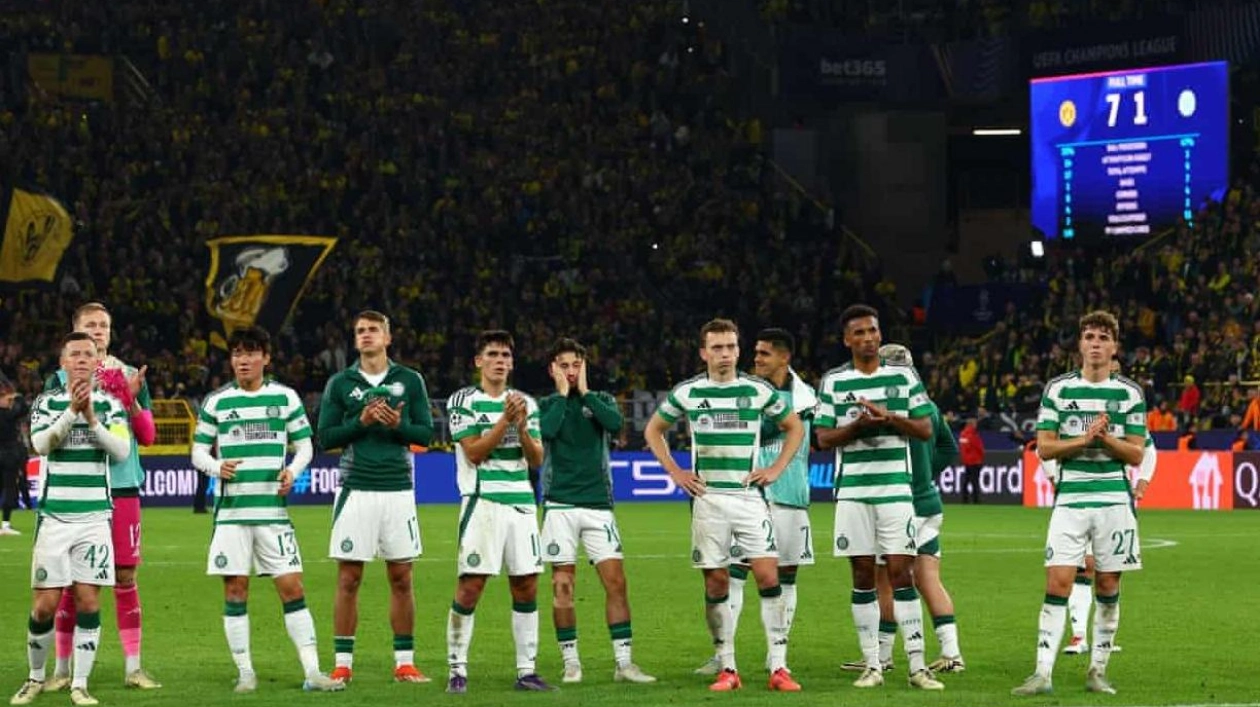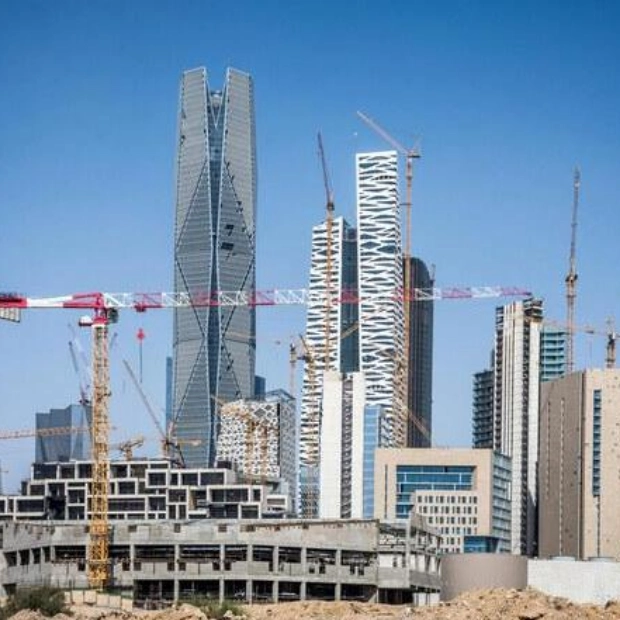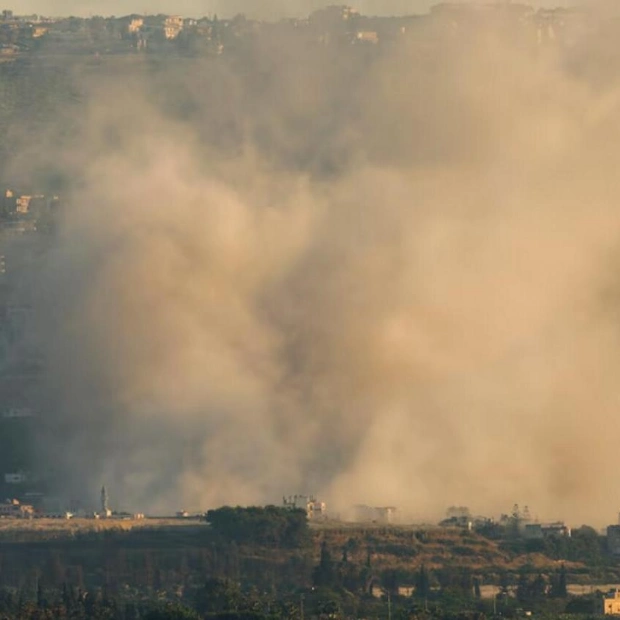The laughter echoing from Dortmund to Durness has been unmistakable. The deeply tribal nature of Scottish football, combined with Celtic’s dominance, means results like the 7-1 thrashing by Borussia Dortmund on Tuesday are widely celebrated. Petty, parochial, but perfectly understandable. The problem is, yet another harrowing night for Celtic provided the latest snapshot of Scottish football’s dire state. There’s no point in gloating over Celtic’s predicament because their repeated struggles against top-tier opposition reveal the standard in Scotland.
Also-rans are glorified, outdated tactics are embraced, and youth development is virtually non-existent. Administrators endorse work permit applications for substandard foreign imports, which either stifles the growth of Scottish talent or tacitly admits that homegrown players aren’t good enough. Governance is lazy, dictated by clubs that lost the drive to see the bigger picture long ago. With injuries and loss of form affecting Steve Clarke, Scotland is feeling the pinch from a severe lack of adequate resources. Celtic’s European woes are intrinsically linked to those of the national team. Alarm bells should have been ringing on both fronts long ago.
Instead, given ample opportunity to reform, Scottish football emerged from the pandemic in the same dire state it entered. Celtic are streets ahead of all domestic competition—even that term feels unfair—on and off the field. Liam Scales can resemble Franco Baresi and Callum McGregor Zinedine Zidane against players who would struggle to find a platform in England’s League One. The humiliation by Dortmund will inevitably be forgotten by those in green and white by the time celebrations are in full flow at Ross County on Sunday, when the opposite should be the case. Celtic, realizing the utterly futile environment in which they participate week after week, should be leading the charge for revolution.
Their situation is the most unfortunate of all. It’s not so much that Celtic need a tougher challenge but that the level in Scotland has to dramatically improve. It’s curious that Celtic’s board isn’t at the forefront of that agenda. Without it, the club is destined to make up Champions League numbers. Celtic were heavy favorites to defeat Slovan Bratislava on matchday one and delivered. However, it becomes pointless if they crash so spectacularly when the bar is raised significantly.
Brendan Rodgers, to his credit, has refused to cite the leap from the Scottish top flight to the elite level as nearly impossible. He’s smart enough not to mention financial disparities. They apply even more starkly in Scotland in his favor. Football finance expert Kieran Maguire pointed out on Wednesday that Celtic’s squad cost 185 times that of St Johnstone. Dortmund’s was six times that of Celtic. Celtic’s followers, fearing that their team’s achievements are not being properly recognized, rail against criticism of what happens at home. As a well-run, self-sufficient club, Celtic have no reason to apologize for the advantages they enjoy. Yet the frequently stated point that other leagues—France, England, Germany, Spain, Italy—have dominant forces ignores the fact that leading teams there are among the best in Europe.
Not only are Celtic miles behind, but Dundee United would be embarrassed by Newcastle, Motherwell by Rennes, Kilmarnock by Torino, etc. Hibs took on Aston Villa last season and lost 8-0 on aggregate. There’s excitement, and understandably so, about Tony Bloom’s involvement with Hearts. The Brighton owner’s analytics firm, Jamestown, could deliver a much-needed boost to the Scottish scene. More intriguing in the short term would be how that company assesses Hearts’ players against those at similar-sized clubs in Europe. It’s almost certain that spreadsheet would provide a sobering read.
There are relevant subplots. Rodgers adopted an identical gameplan in Dortmund to that used in a 6-0 rout at St Johnstone days earlier. There was misplaced confidence attached to the theory that Celtic could replicate against last season’s Champions League finalists what transpired in Perth. Rodgers has suffered too many European thrashings for it to be coincidence. The manager requires a pragmatic plan B. Celtic lack a dominant midfield ball-winner, partly because they don’t need one domestically. The gulf between major clubs and the rest is unlikely to be masked by the Champions League’s new format; Bayern Munich scoring nine against Dynamo Zagreb and this week’s comprehensive wins for Manchester City and Barcelona tell us that much.
Supporters of Rangers object vehemently to being lumped in with the European woes of their great rivals. A run to the Europa League final in 2022 and generally strong performances in that environment give them cause to swagger. What Rangers would rather ignore is a Champions League campaign of 2022-23 when they failed to gather a point and slumped to a goal difference of minus 20. In August 2023, PSV Eindhoven swatted them aside in a Champions League qualifier. Laugh at Celtic, by all means. Ultimately, if you’re a Scottish football fan, though, the joke is on you. The national sport’s parlous state provides no cause for comedy.






